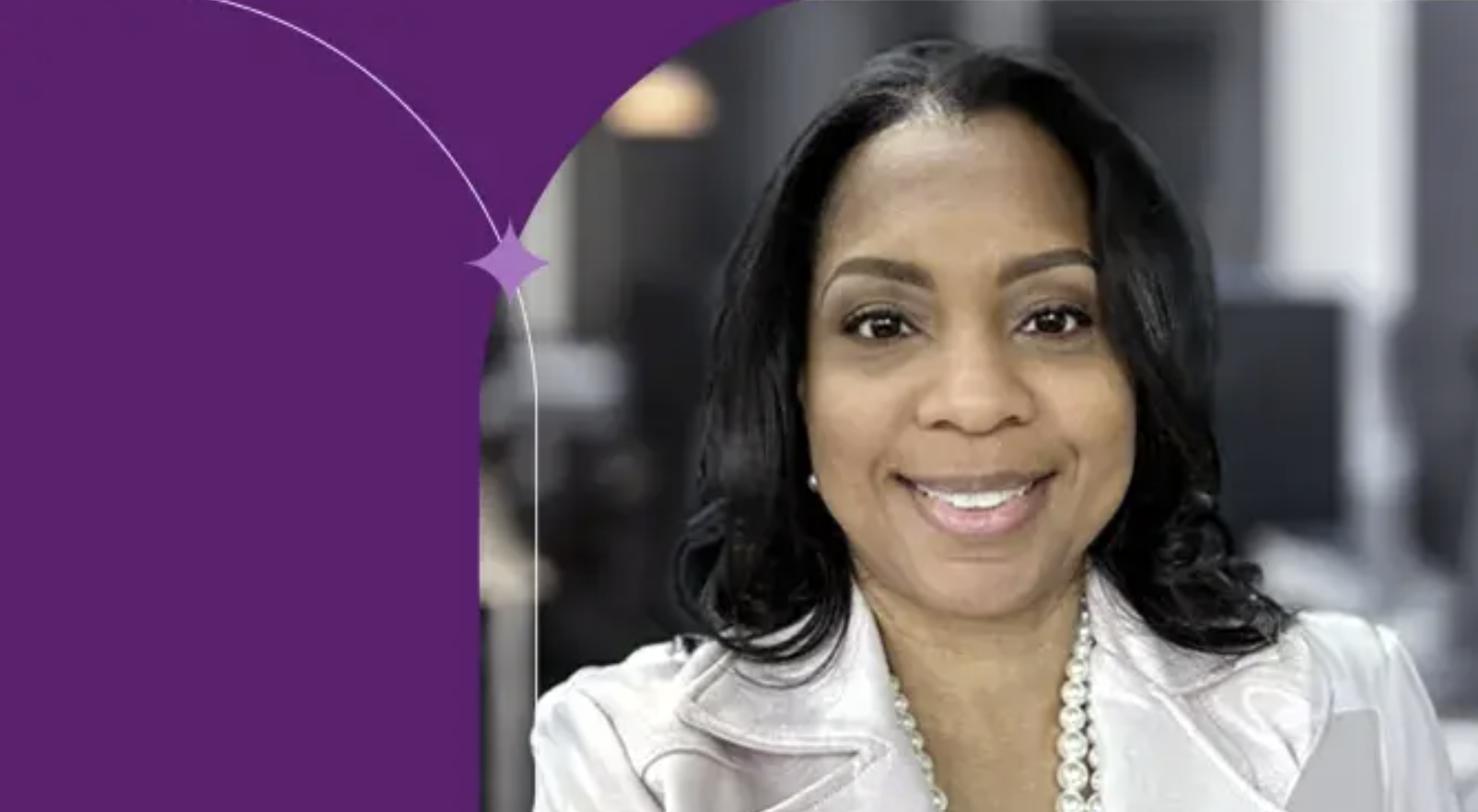
Balancing Authority with Empathy: Leadership Advice From a Deputy Chief of Talent Management was originally published on Fairygodboss.
Schira Madan serves as the Deputy Chief of Talent Management in the Workforce Support Activities Directorate for the National Security Agency (NSA), orchestrating human capital strategies, plans, and policies that support the NSA’s global cryptologic workforce. She leverages the “whole-person concept” and her extensive history as a public servant to ensure her direct reports have the support they need.
“I’ve been a public servant for more than 20 years, most of which I’ve served in the U.S. Intelligence Community,” she says, adding that she’s held multiple leadership positions across the federal government. She’s implemented federal, industry, and academic outreach. In addition, Schira has done engagement, public and legislative affairs, science and technology research, and Inspector General work. “I’ve also worked in the private industry before joining the U.S. government.”
With such a storied career, we caught up with Schira to learn more about her journey to leadership and advice to other women seeking leadership roles.
How would you describe your leadership style?
I would describe myself as a forced extrovert, so my leadership style is cautiously assertive yet approachable. I can balance authority with empathy, asserting authority when necessary while remaining relatable and approachable — striking a balance that encourages respect and camaraderie.
Despite being tough when needed, I maintain a friendly and easygoing demeanor, which helps foster open communication and trust within my team. I also foster an environment where my employees and team members feel comfortable sharing their ideas and concerns, promoting collaboration and innovation.
What’s the one thing you hope your direct reports get from working with you?
I hope my direct reports gain my penchant for how you present yourself through writing. For better or worse, I’ve gained a reputation for being a grammarian (nicknamed “Red Pen Madan”). Having spent part of my career in public affairs/relations, it’s important that we take the time to think through the various nuances that affect how our messages will be received. Often, they can get distorted if the writing isn’t clear or we didn’t “pull the thread” all the way through.
How do you ensure your direct reports feel well-supported in their lives both in and out of the office?
I’m a huge proponent of spotlighting employees in the workplace — not just recognizing their accomplishments at work but also bringing awareness to the things they enjoy doing outside of work. I think this is important to build cohesion among teams and is one small way to communicate that I, as a leader, care about all the person brings to bear daily.
What do you believe managers must do when onboarding new employees?
[Managers must] develop an onboarding plan that is structured and personalized for the employee instead of using a one-size-fits-all approach. This plan should include clear goals, a timeline, and tailored resources that align with the new employee’s role and background. Engaging the new hire with regular check-ins, introductions to team members, and opportunities for early contributions can foster a sense of belonging and accelerate the employee’s integration into the team. A well-organized onboarding experience helps set the stage for long-term success and engagement.
What’s been your most valuable career mistake?
It would probably be not taking an overseas assignment earlier on when it would have been a little easier to manage at that stage in my life. One day, I hope to have the opportunity to work outside of my country, but it will require me to figure out quite a few things on the home front.
How do you prioritize and deal with your to-do list each day?
This is an ongoing work of art because my to-do list is never-ending! At the end of each day, I try to write down the things that absolutely must be done the following day and use that as my guide. Of course, life throws curve balls, and things don’t always work out as planned. I remind myself that I have to remain flexible and shift priorities as appropriate with each day that comes.
What is your top piece of advice for other women who are moving into or want to move into leadership?
Be proactive and cultivate a strong network of support. Building relationships with professional coaches, mentors, peers, and other leaders can provide invaluable guidance, resources, and much-needed encouragement.
Sometimes, it can be tough to ask for help, but don’t hesitate to seek out those who can share their experiences and insights, both from within and outside the organization. A strong support system can help anyone navigate challenges, gain visibility, and create growth opportunities. As a working mother, it has been key for me to establish my boundaries and then communicate them up, down, and across so everyone can appreciate when I need to prioritize personal responsibilities over professional duties. It’s a constant balancing act.
Fairygodboss is proud to partner with the National Security Agency. Find a job there today!

